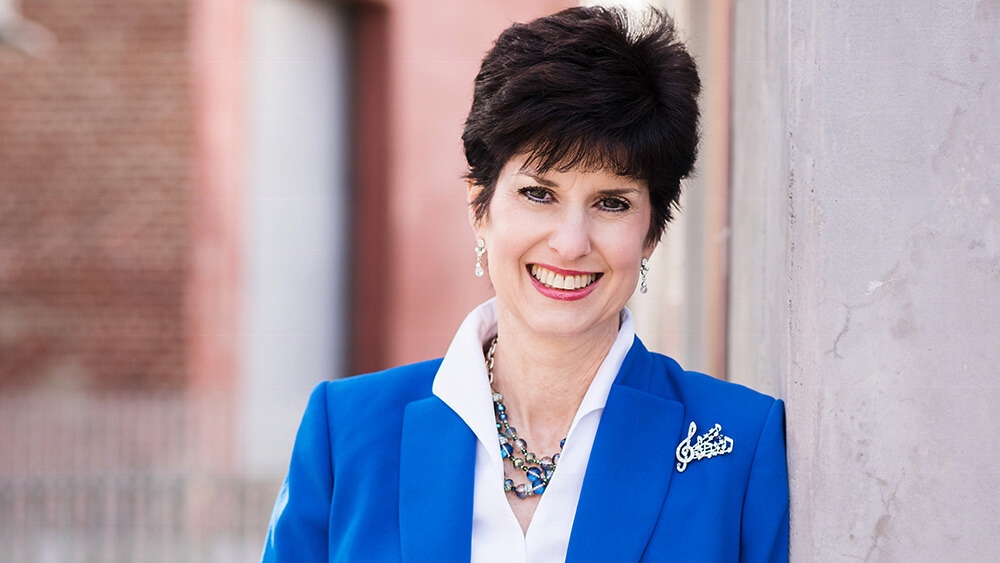
Teena Piccione, global transformation and operations executive at Google, started her career as a professional singer before moving into tech.
Teena Piccione has worked for Google since late 2020, first as managing director of Google Cloud and more recently as a global transformation and operations executive — that global transformation part of her title tells you that change is a key element in her role and MO. She’ll share insights about the power of change at the ECEF (Exhibition and Convention Executives) Forum during her session “Implementing Transformative Change: How a Fortune 100 Executive Nails It” on May 29.
How Piccione developed this mindset and came to work at one of the Big Five tech companies may come as a surprise: “I do not have a traditional technology background,” Piccione told Convene via email. She started her career in music, singing with Disney, the Atlanta Ballet, and Robert Shaw Chorale, a professional New York City choir. But the two worlds are not as far apart as you would think: “Math is music and uses key changes just as coding languages; it utilizes the same mindset,” she said. “Musicians are dedicated, think out of the box, and engage an audience.”
Piccione touched on how she plans to engage the ECEF audience, the future of artificial intelligence in the workplace, and more in the Convene email exchange.
Can you tell me how you see the topic of your session, “Implementing Transformative Change: How a Fortune 100 Executive Nails It,” applying to the audience of convention executives and what you’d like them to take away from your presentation?
The human attention span is 8.25 seconds. A goldfish is 9 seconds. Exhibition and convention executives must capture their audience’s attention, exhibit a value exchange of information, inspiration, and insightfulness, and leave the audience wanting for more while [operating] in an extremely competitive market. There are the same principles in business today. Employees have a short attention span, and you must capture their attention, inspire them, and encourage them while ensuring their work has a measurable return on investment.
Some workers are concerned AI will take over human jobs, while others say it’s critical to learn how to use AI in order to work more efficiently. What are your thoughts on how AI will continue to be integrated into the workplace?
I can assure you AI is not taking over the human race. Some jobs will be eliminated by AI, but if we look back throughout history, a plow with a mule was replaced by a tractor and phone operators were replaced by IVR systems — I personally would like to go back to humans after dealing with automated phone systems! So yes, AI will enable greater efficiency, accuracy in coding, and help with note taking, for example, but it will not replace hard work, human interaction, negotiating contracts, and having a desire to do more to improve the human condition.
Since the pandemic, many organizers have had to rethink their events’ value proposition while dealing with budget and staffing challenges. What are your thoughts on that?
Change is constant. However, after the pandemic we have realized that human interaction is critical to our success. I can get to a yes quicker in a meeting or a conference. Conferences are vital to our success. As we adapt to smaller budgets and hybrid conferences and work, we are all still adjusting. But by thinking out of the box, success can lie ahead. We must find ways to justify the value exchange, calculate the return on investment, and put a price on future collaboration as a result of the conference. Most people want to be inspired, learn something new, and meet industry leaders. You can do that at a cool office building, university or college campus, or even a national park. We must determine how to reach audiences in a new way that allows them to justify the cost or even personally pay to go to the event.
Casey Gale is managing editor of Convene.
